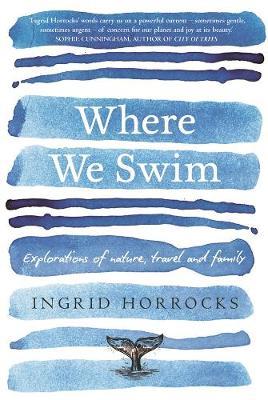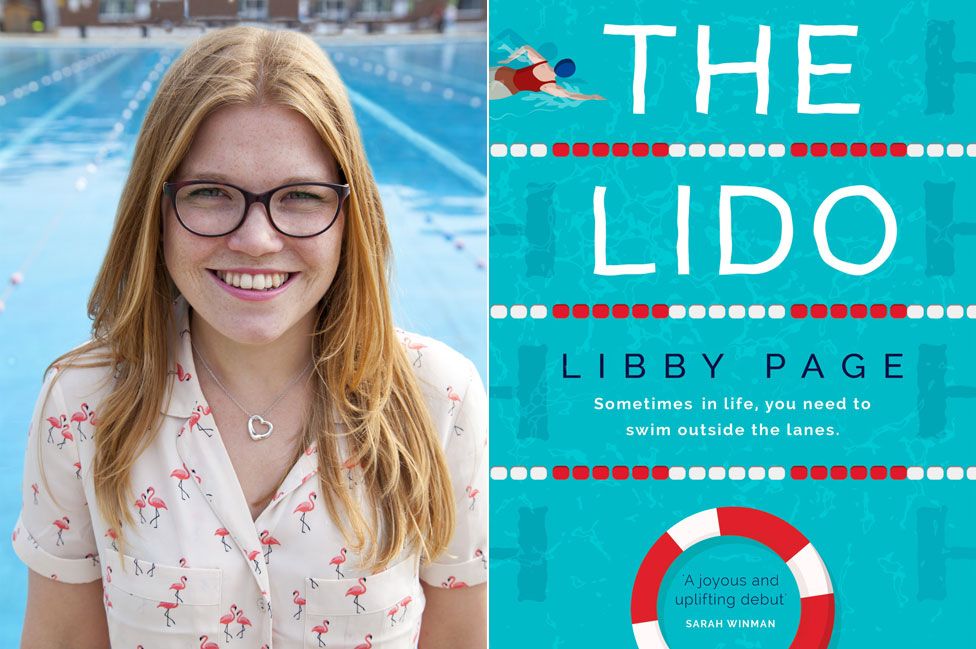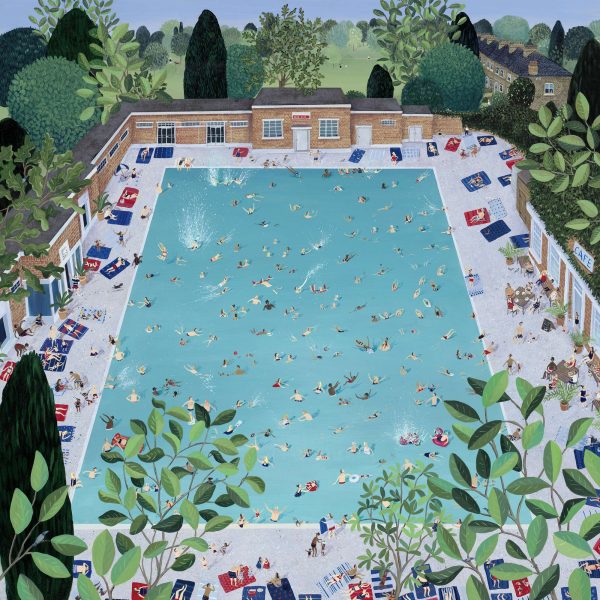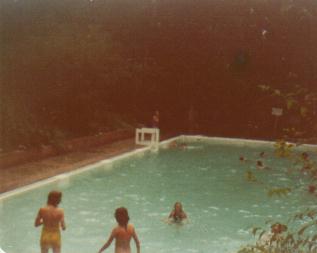A wonderful piece of writing, this is a novel and memoir, narrated by a fictional creation of the author, who is the long-standing comedic alter ego of the author.
Most Australians will be familiar with the comedy genius of John Doyle as 'Rampaging' Roy Slaven and Grieg Pickhaver as HG Nelson.
Doyle as Slaven takes us to Lithgow, their home town west of Sydney, in 1967. Roy and Doyle are classmates at the town's Catholic boys school, de la Salle College. (Lithgow is the finest locale in the world - you wouldn't want to be anywhere else - all other places within the boys' ken are "shit").
It is both a coming-of-age novel and a memoir - a year in which Roy's astounding (fictional) sporting career is emerging, and Doyle's writing, comedic and sports commentating skills, as well as his atheism, are taking shape.
It is by turns very very funny (I made my partner suffer through readings aloud several times), and very poignant. I developed a tear in my eyes a couple of times. More than anything else, it prefectly evokes an era when Catholics versus Publics was a standard part of small town (and suburban) life , when a woman was blamed for her husband absconding & divorce was a sin, when kids tore around with almost unfettered freedom, and priests and brothers were capricious, sometimes cruel, and sometimes great teachers (often by accident) by turn. It also has great affection for small town community life. It does not discount the darker sides of life such as domestic violence, deserted wives and outrageous pressure brought to bear by the church.
There's also coal dust, and the local picture theatre and swimming pool.
Doyle has inhabited Roy Slaven for so long that as he says in a short sentence towards the end, they need each other. Roy, who, of course, has been a champion at every sport to which he has turned, is nonetheless a modest chap, even rather surprised at his own prowess. More than anything else, he loves his Mum, who is starting to emerge as an independent woman, mainly due to an economic and social situation which makes her possible to improve circumstances for herself and her son through work opportunities. His observations of life in the Doyle household show us glimpses of John's autobiography, in particular his relationship with his sister who had autism - in the days before there was a ready diagnosis, or educational assistance (this aspect of Doyle's story he has told elsewhere - see the link in Comments).
Doyle, via Roy, tells us two things about himself - he is compassionate and kind, and he is well aware that it is often hard to tell when he is being serious or satirical.
Can't recommend it highly enough.
" The summer Dad left was dry and hot. Not much to do until the cricket restarted. I spent a lot of time at the pool. It was fairly new. There was a toddlers' pool with a fountain and an Olympic pool. It was set on a slope. Wide concrete paths bordered a luch lawn bordered by a few trees and a ten-feet high wire mesh fence. The cncrete was tesselated - light and dark. We'd lay on the light when it was hot and the dark when it was cool." (p 37)
"Dean and Doyle were interested in lifesaving. Weird. They would time themselves doing laps of freestyle, breaststroke, sidestroke and water sculling. They were planning to do the Bronze Medallion. Most of the time we filled our days by diving in and bobbing about, doing exotic dives and bombing people. Any girl was fair gameAnd we'd swim underwater. Dean and Doyle could do a lap and a half underwater in one breath....
"We'd lie on the concrete in our togs and chat. We all wore Speedos. The pool manager, Mr Mulcahey, put speakers in the pool shop by the entrance and the radio would be broadcast aross the whole area. " (p 38)
"Dean and Doyle were congratulated at assembly for being the first boys at the school to be qualified lifesavers. They'd successfully completed the Bronze medallion, which meant they had swum the distances in the required time and learnt the techniques of rescue and recovery. They bored us all with talk of the Silvester-Brosch method of resuscitation. And they wore a small black-and-white official lifesaving patch on their swimmers. They must have thught it looked 'cool'. It didn't. It made them look like crawlers and dicks.They were already planning to upgrade to the Bronze Cross, which would mean another patch on the Speedos.I never saw them actually rescue anyone." (p 47)
"Back at the pool. The grassy area on the slope by the deep end was considered the Catholic area. The flat grass on the other side of the deep end was the Publics'. " (p 65)
"Our girls wore modest one-piece swimming costumes, Not so the Publics. We'd often stare across the pool at the bikini-clad girls with names like Vicki and Sharon and Julie." (p 66)
"Flynn had a real girlfriend. He said many of the Public girls were just like Vicki Westwood and he began to sit opposite us at the pool, with the Publics, and Dean thought he was probably in a state of mortal sin. Doyle thought it was possible. I wasn't sure. I couldn't see a real problem with it.
" At one point Flynn and Vicki Westwood kissed.
'Brazen' said Carmel.
Brewer and Brennan applauded. " (p 68)
"Ten minutes later, Doyle stands and asks if anyone is interested in wandering over to have a chat to Flynn. I stand. There are no other takers.
Carmel is incensed. 'You are going to look ridiculous.'
Deirdre and Barbara wish us luck.
We both leave our towels on the slope and head off around the deep end of the pool and enter Public territory. We are not heckled. We are ignored. Self-consciously, we stand over Flynn and Vicki Westwood. Vicki Westwood is talking to a friend called Janet. Flynn is sunbaking with his eyes closed. Vicki Westwood introduces us to Janet. They are friends of Jeff's. Roy and John. This is Janet.'
Flynn opens his eyes. 'What's going on?' he says.
Doyle says, 'We felt like a walk.'
Janet asks Doyle about the patch on his costume.
'It's a lifesaver's patch.'
'Are you a lifesaver?'
Doyle nods, sheepishly.
'So, if I'm drowning, what are you going to do?'
'Umm...Swim to you, grab your arm and twist you around and take hold of you and sidestroke yu to the wall.'
I say, 'That's just for starters. Don't get him onto Silvester-Brosch.' " (p 68-70)
"We stayed with Flynn and the Publics for about ten minutes before ambling back to our towels and our group. Janet was very chatty and funny. Just like Vicki Westwood.
Doyle says, 'What an interesting experience. Janet and Vicki Westwood enjoy smut as much as we do. But to them it's not sinful. Not sinful at all.'
I nodded. He was right.
Our group look at us closely when we resettle.
Carmel says, 'Well? What did you talk about?'
Doyle says, 'Sin, Carmel. We talked about sin.'
'Well you were in the right place.' " (p 70)










